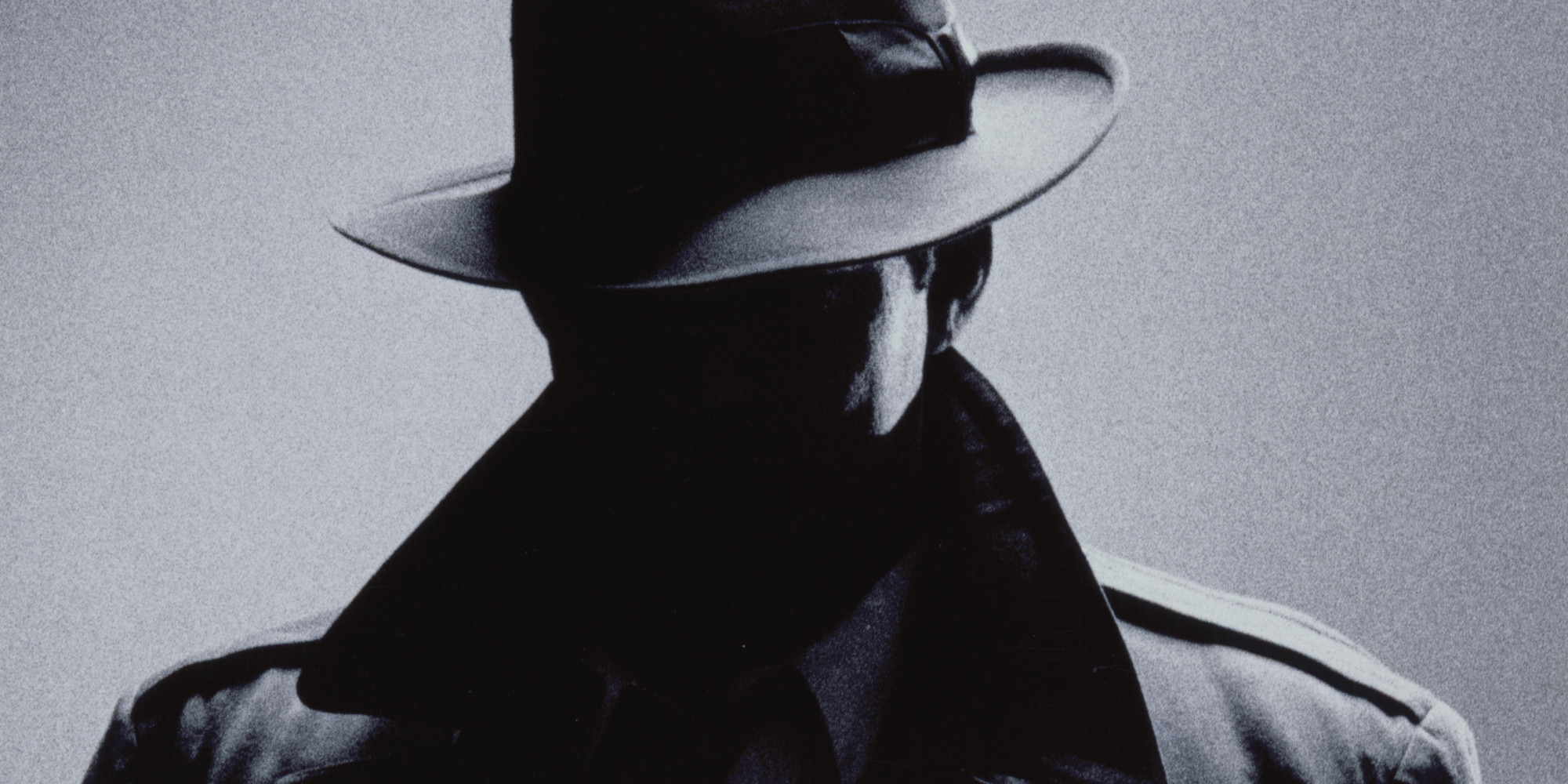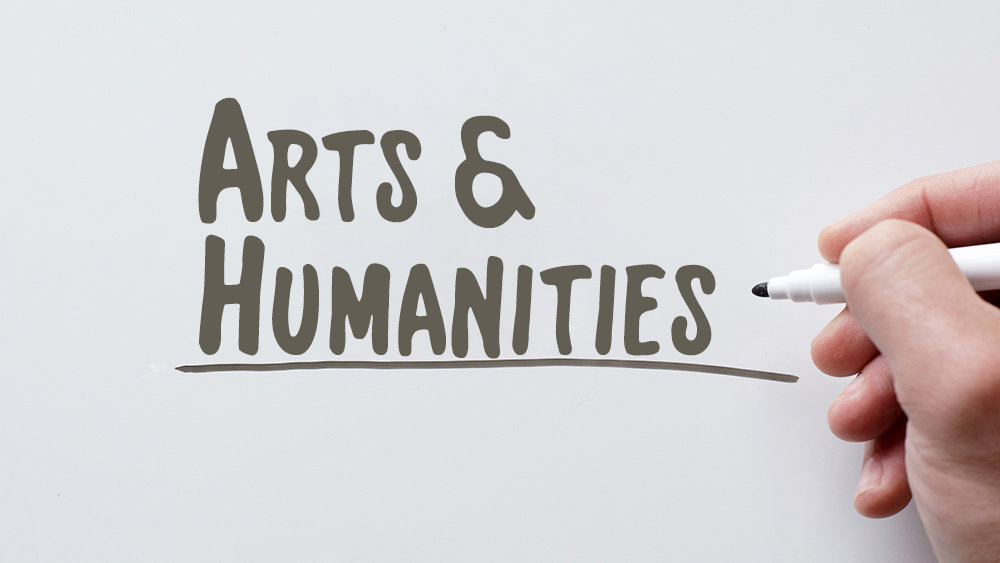The secret connection of Goals and Problems don’t get talked about much.
The problems we face form us. Those that we choose define us.
Have you ever pondered the fact that when you set a new goal, you invite new problems into your life? Many situations around you and facts about the world that would have been of no special interest to you suddenly become problems when they stand between you and a goal you've chosen. Apart from that goal, they would not have counted as problems for you. Many of those situations you might never have noticed at all. Others would have come to your attention, but not as difficulties or hardships for you. They didn't impinge on you personally. Until you set the goal you wanted to pursue. And then suddenly, you begin to notice circumstances anew, as problematic, as obstacles, as irritations.
Other situations will develop as personal problems while you pursue your goal. You'll get yourself into hard places that you could have avoided. You'll face challenges that are of your own doing. But that's Ok. It's your goal, after all. And it's important to have goals, even though they bring problems. It's part of the package deal in this world. We'd have vastly fewer problems if we had no dreams, or aspirations, or goals. It's the purpose of our goals to stretch us and grow us. And they often do that through the problems they bring with them. And as the Roman poet Horace once said, we often find that, "The greater the difficulty, the greater the glory." We feel best about the success that comes out of challenge.
Therefore, hence, ergo. When you fall down, don't worry about it. Just pick yourself back up. Recall how the journey you're on may have brought you to this fall. You'd be back in your armchair without the goals you're pursuing. And you wouldn't be falling. But you wouldn't be going anywhere, either. And bouncing back from a fall may be just what you need.
So when you're facing a new problem, obstacle, or difficulty, ponder how your dreams and aspirations and goals may have brought it into your life. Embrace it with cheerfulness as a part of the process. Solving it may just give you the wisdom you need down the road. Even the sheer process of struggling with it might accomplish that same end. We're always becoming, never just doing. With the right attitude and practice, we can become great, falls and all.












































